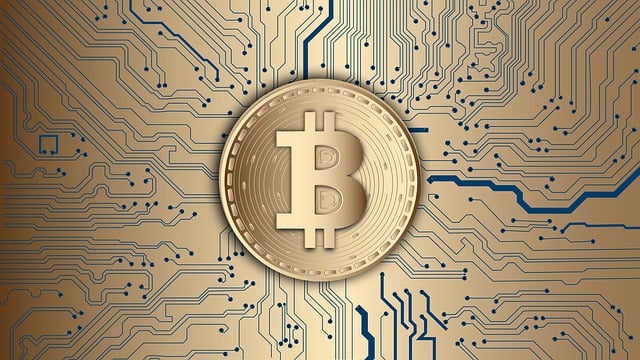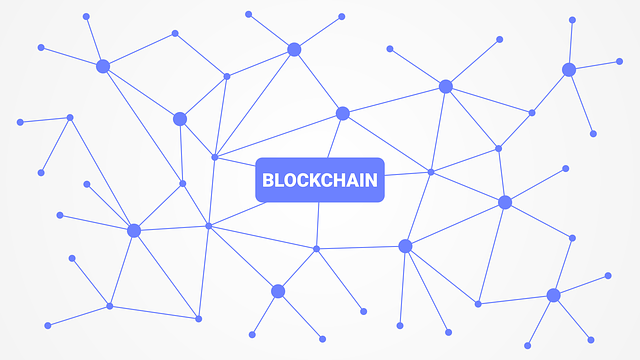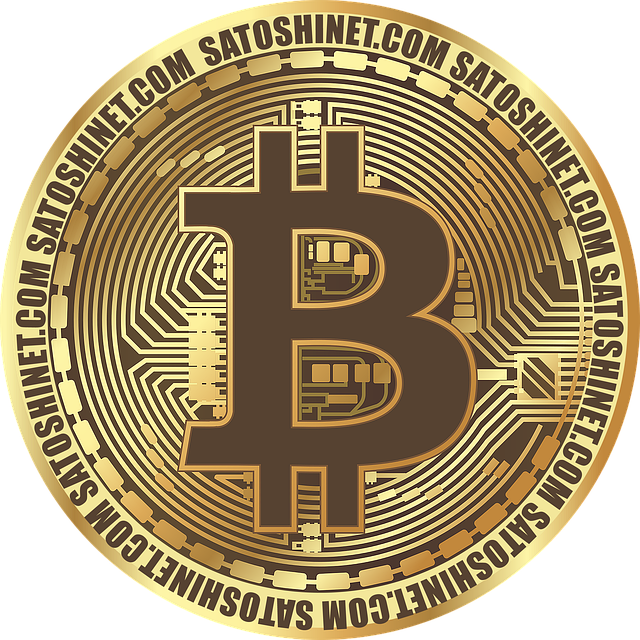In decentralized finance (DeFi), default—a borrower's failure to repay—has significant implications due to the lack of centralized oversight. Automated smart contracts enforce penalties upon missed obligations, like collateral loss or restricted access. Regulatory challenges arise as authorities aim to balance DeFi's integrity and fairness with consumer protection and market stability. As DeFi grows, regulators face the task of integrating these new digital systems while addressing systemic risks and abusive practices.
In the world of decentralized finance (DeFi), understanding defaults and their regulatory implications is crucial. This article explores the concept of default in DeFi, highlighting its unique challenges compared to traditional financial systems. We delve into the regulatory hurdles, including the clash between decentralized nature and oversight, and discuss potential solutions for a harmonious future. By examining hybrid models, central bank roles, technological advancements, and international cooperation, we navigate the complex landscape of regulatory challenges in DeFi.
- Understanding the Concept of Default in DeFi
- – Definition and significance in decentralized finance (DeFi)
- – How defaults occur in traditional financial systems and their impact
Understanding the Concept of Default in DeFi

In the decentralized finance (DeFi) space, understanding the concept of default is pivotal. Default, in traditional financial contexts, refers to a borrower’s failure to repay a loan according to the agreed-upon terms. However, in DeFi, where smart contracts automate lending and borrowing processes, default mechanisms are more complex due to the absence of intermediaries. When a borrower fails to meet their obligations in a DeFi protocol, it triggers predefined rules encoded in smart contracts, often leading to penalties such as the loss of collateral or reduced access to future borrowing opportunities.
Regulatory challenges in DeFi further complicate default scenarios. As the industry evolves, regulatory bodies are grappling with how to apply existing financial regulations to decentralized platforms while also acknowledging their innovative nature. The lack of centralized authority in DeFi makes traditional oversight mechanisms less effective, necessitating new approaches for consumer protection and market stability. Default resolutions in DeFi thus require a delicate balance between maintaining the system’s integrity and ensuring fairness for all participants.
– Definition and significance in decentralized finance (DeFi)

In decentralized finance (DeFi), the concept of a default holds significant implications. Unlike traditional financial systems where defaults are regulated by centralized authorities, DeFi platforms operate on blockchain technology, creating a peer-to-peer lending and borrowing ecosystem. When a borrower fails to repay their loan in DeFi, it triggers a series of automated events, including liquidations of collateral and distribution of funds among lenders. This process is governed by smart contracts, which ensure transparency and efficiency but also present regulatory challenges in DeFi.
The lack of centralized oversight makes it difficult to enforce traditional default resolution mechanisms. As the DeFi space continues to grow, so do concerns about consumer protection, market integrity, and potential systemic risks associated with defaults. Regulators are grappling with how to balance the benefits of decentralized finance—such as increased accessibility and reduced friction—with the need for safeguards against abusive practices and market failures.
– How defaults occur in traditional financial systems and their impact

The concept of default in DeFi presents unique regulatory challenges. Understanding how defaults occur and their impact is crucial for navigating this evolving landscape. As DeFi continues to revolutionize finance, addressing these challenges will be essential to ensure the stability and growth of decentralized financial systems. By learning from traditional financial failures and adapting innovative solutions, regulators and participants can foster a robust and resilient DeFi ecosystem.
